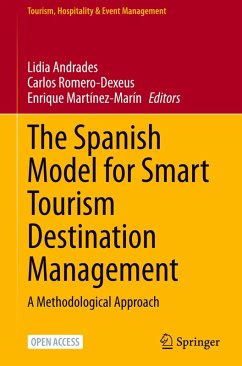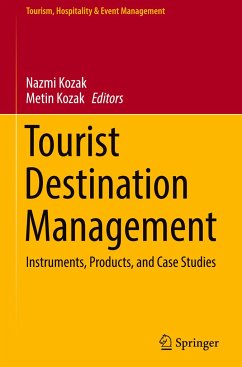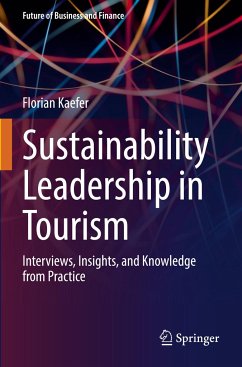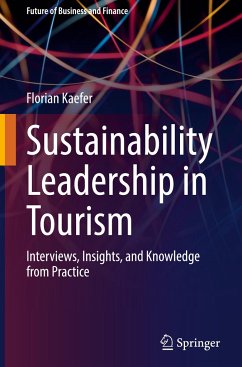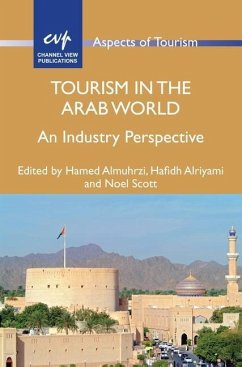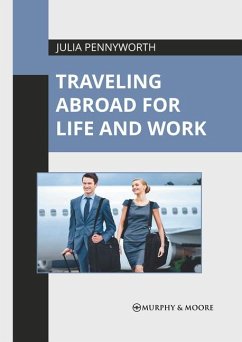Nicht lieferbar
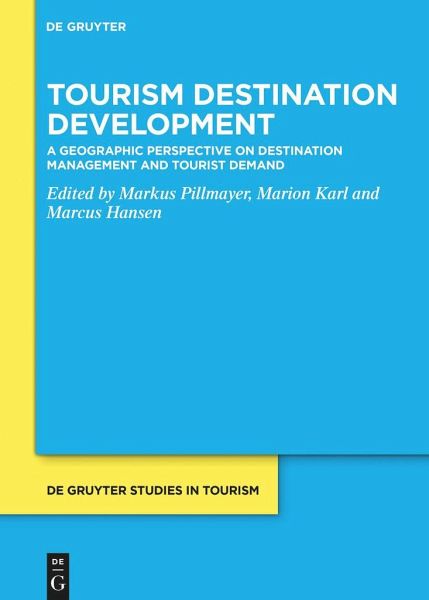
Tourism Destination Development
A Geographic Perspective on Destination Management and Tourist Demand
Herausgegeben: Pillmayer, Markus; Karl, Marion; Hansen, Marcus
Versandkostenfrei!
Nicht lieferbar
Although destination management is regarded as the supreme discipline in tourism management, little attention is paid to destination development, especially from a geographical perspective. This book analyses destination development and proposes key strategies for a positive destination development in the future in regard to sustainability, accessibility and economic prosperity. International scholars from a range of disciplines explore current issues in destination development and propose solutions that can help policy-makers prepare for future challenges. This book includes case studies from...
Although destination management is regarded as the supreme discipline in tourism management, little attention is paid to destination development, especially from a geographical perspective. This book analyses destination development and proposes key strategies for a positive destination development in the future in regard to sustainability, accessibility and economic prosperity. International scholars from a range of disciplines explore current issues in destination development and propose solutions that can help policy-makers prepare for future challenges. This book includes case studies from all around the globe to illustrate the diversity of destination development. This book thus offers students, colleagues from the scientific community as well as practitioners and political decision-makers numerous suggestions, considerations and decision-making aids with regard to destination development.




